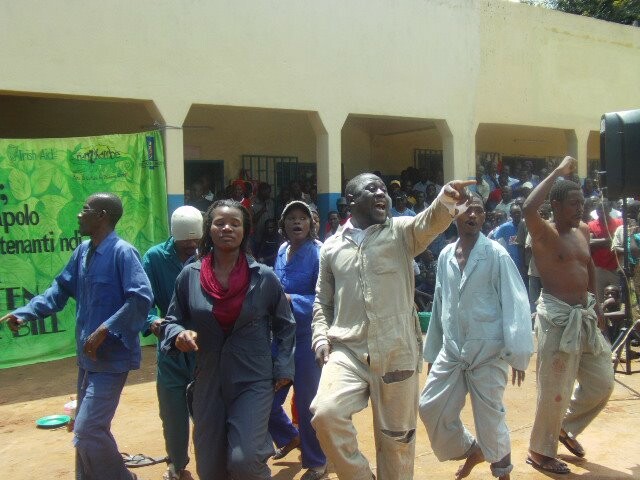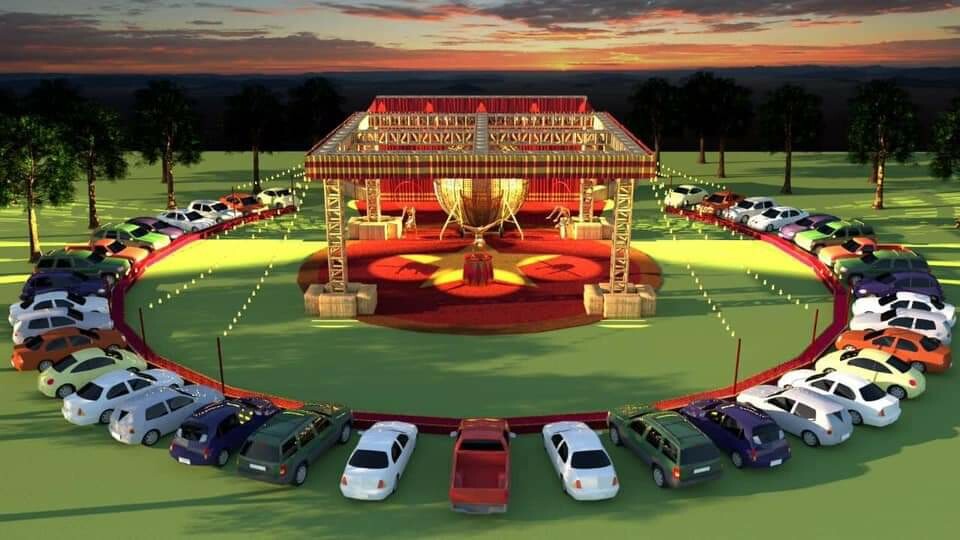The COVID-19 pandemic is definitely changing the way we do theatre in Malawi, and I speculate that it is having the same effect around the world.
How do we usually do theatre in Malawi, you ask? It might take a full book to respond to such a question but one way to answer is to say theatre in Malawi is always mobile. We tour. It is very unlikely that a theatre group will stage the same play at the same venue more than three times over consecutive days. Usually the production happens once, and then the group travels to a different district or city and stages the performance there, which is not the way it is done in Europe. I’ve performed with Bilimankhwe Arts in UK, Junges Theater Göttingen in Germany, and Theater Konstanz in Germany. In all cases we performed the same play for over a month in one venue. Also, in Malawi, stage performances are done mostly on weekends. Rarely do groups stage a show during weekdays.
The other thing is that when we talk about theatre in Malawi, most people understand it to be live drama performance, where an audience and the performers are at the same venue. If a performance is done through digital media, people would call that a film or video. And here, people love live theatre more than they do films or videos, the reason being best summed up by Ken Chinkango, a theatregoer I spoke to:
The actors that do live theatre, show greater skill, they must train not to make a mistake because the audience can sometimes recognize a mistake, they have no time for second takes as in film. Watching them live, they must be serious every second when they are on stage because they act once, unlike in film where the actors have a chance to redo a scene, read the lines again, make mistakes, and where technology also assists them here and there. Live drama performers are more skilled.
It is difficult to get funding to do a live stage drama in Malawi. In most cases, people engage in some sort of businesses to fund their own productions or have a non-theatre job with other organizations and do drama using their salaries. Live drama performances depend very much on gate collections—commonly known as “box office” in the Western world. One exception that attracts funding is theatre for development, which engages audiences to take part in a loosely structured performance with the aim of assisting them to diagnose and find specific solutions to problems in their communities. In general, these theatres depend on the live presence of an audience.














Comments
The article is just the start of the conversation—we want to know what you think about this subject, too! HowlRound is a space for knowledge-sharing, and we welcome spirited, thoughtful, and on-topic dialogue. Find our full comments policy here